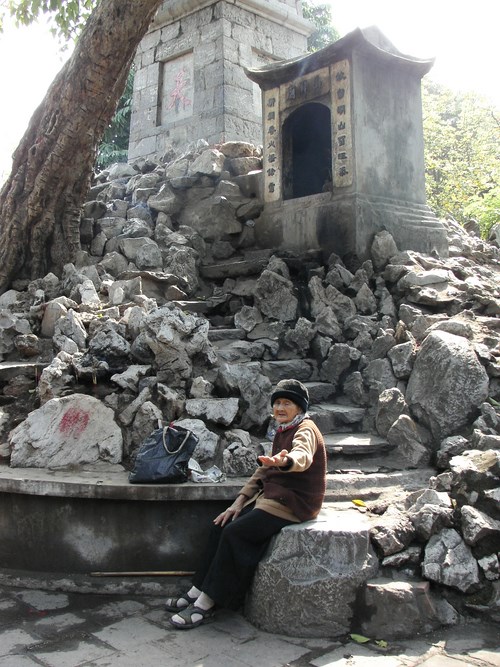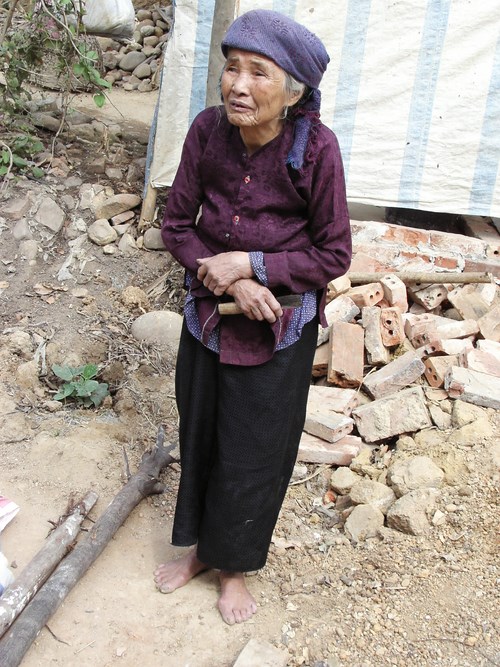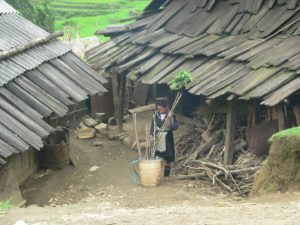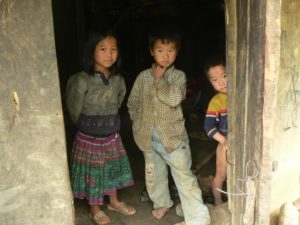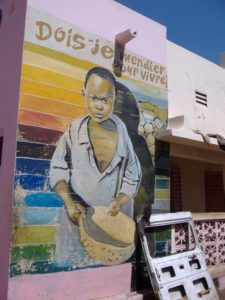
Poverty is usually measured as insufficient income at the disposal of an individual, a family, or a household. From the $1.25 a day threshold used in the Sustainable Development Goals for 2030 to the various national poverty lines, the poor are situated at the bottom of the income ladder. Despite problems associated with the use of a single, global measurement, it is necessary to consider poverty as a lack of a disposable income. In economic terms, degrees of poverty are also determined by access to social services such as clean water and housing.
For the individuals and families sufficient income means autonomy and freedom. For the governments and international organizations trying to improve human welfare – or lessen human suffering – progress in income per capita and in the distribution of such income are valid indicators of the effectiveness of their action.
Yet increased income per capita and improved services, while indicators of the success of efforts to alleviate symptoms of poverty, are not a panacea. There remain egregious forms of poverty begging to be addressed which money alone cannot relieve.These include social, cultural, spiritual, and moral poverty.
Social or relational poverty is rooted in lack of opportunities for participation in a community, or from the paucity of human relationships.Social exclusion and the resultant powerlessness to control one’s destiny manifests itself in loneliness and alienation.
Philosophically and spiritually, while poverty may be esteemed a virtue, it is most seriously a scourge on society. Poverty of the spirit and creative imagination and loss or ignorance of one’s dignity are among the most basic forms of poverty.
Poverty of the spirit accompanies materialism and indifference to questions of meaning and purpose in life and is associated with selfishness, greed, and cynicism.
Cultural poverty derives from absence of intellectual stimulation and exposure to artistic and other creative endeavorsand from scant opportunity to express creative imagination or toappreciate beauty.
And, moral poverty is evident where individuals, groups, even entire communities lose their capacity to determine right from wrong and truth from falsity.
These later forms of poverty are indifferent to increases in income and wealth but constitute substantial obstacles to social justice, progress, and development. The Circle examines holistically the relations between various forms of poverty and the prevailing conception of what constitutes development, a good life and a harmonious society.
Poverty Eradication - Statements and Notes
Highlights
Expressions of social justice
Ethics and poverty
Forms of poverty
Overcoming poverty with decent work
Inherent human dignity
Poverty concepts and measurement

Key ideas concerning poverty and overcoming social injustice in:
Statement by John K. Galbraith to the Triglav Circle
We have economic systems we cannot doubt, which produce objects of consumption and supporting services in ample quantity. In a sense the economic problem as anciently viewed has been solved. But we continue to think of the economic solution as the end of effort. We fail in giving children the full enjoyment of education and knowledge. We fail in caring for the full range of health problems to prevent suffering and early death. We fail fully to achieve the rewards of well-being as we have seen them in the past.
Most importantly we fail to recognize that each individual’s natural gifts can be realized giving a sense of accomplishment and self-worth, and, in so doing, some contribution to the well-being of all.
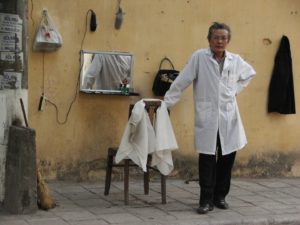
Work, Employment and Human Dignity
A Triglavian perspective on work and employment is suggested in a few quotes from the report of the UN Seminar on Ethical and Spiritual Dimensions of Social Development held in Bled Slovenia in October 1994. The report contains the following statements:
“Effort, work, participation in creation, however humble, are at the heart of human nature and personal dignity. Ideally, for each person work should be what brings fulfillment and gives meaning and direction to daily life. Employment and work should benefit not only the individual but also the human community. It is one domain in which individual interest and the common good can be in harmony”.(p.39) Workshop organized by the Triglav Circle at the UN, Commission for Social Development, 8 February 2007

Promoting Full Employment and Decent Work for All,
Statement by the Circle to the Commission on Social Development
In modern life, machines of every variety are proving to be more efficient than human or animal labor. And the working person, homo farber, may be nearing the brink of obsolescence, not only in manufacturing but also in labor intensive interpersonal services. Yet, the fate of humankind depends on considerations of much greater weight than the techno/economic calculations driving the global division of labor and reducing societies to dormitories for homo economicus.
The modern social/economic paradigm of work is the social construction of Promethean man. Unemployment or mind draining work reflects the failure of modern society to recognize the need to employ powers inherent in the ethos of humanity: sympathy, imagination, intellect, and creativity. Statement of the Circle UN, Commission for Social Development
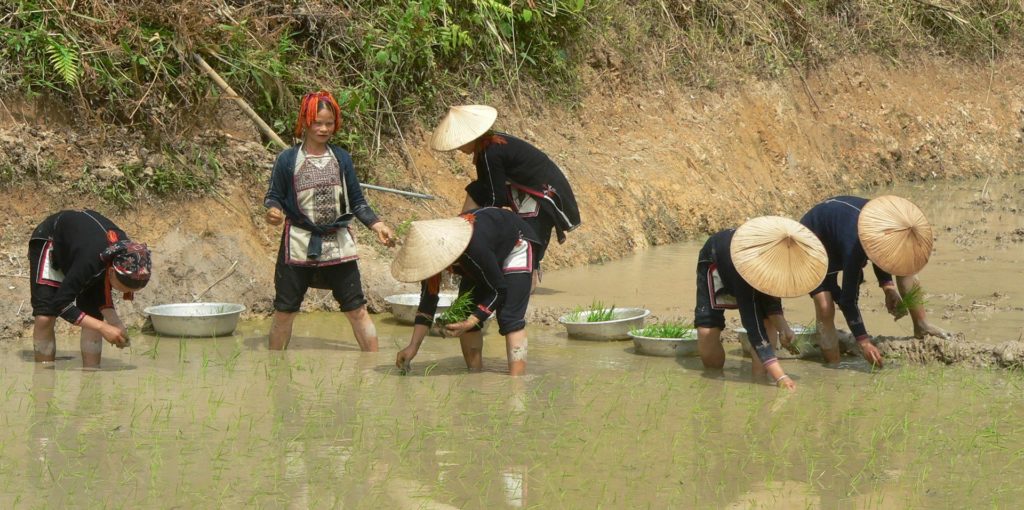
Social development “cannot be pursued as a sectoral initiative”; it is “inseparable from the cultural, economic, political and spiritual environment in which it takes place”; its promotion “requires an orientation of values, objectives and priorities towards the well-being of all (…)” These observations from the Copenhagen Programme of Action (chapter 1, paragraph 4) have kept all their significance as the state of the world is in many respects alarming. In particular, inequalities are increasing everywhere and the number of people who feel excluded from their own polity and society is growing.
Reports of Gatherings of the Circle, Joint meetings, Special Events,
Poverty Meeting 100 acres, Manchester NH May 2003,
Poverty has multiple dimensions;it limits opportunities for human fulfillment and realization of the common good; its manifestations are culturally and geographically diverse; addressing poverty through program cycling, and related ethical questions, ways of measuring poverty.
The Moral and Political Foundations of Social Justice in an Interdependent World
Meeting Cambridge,MA 15-17 September 2005:
The great ideological and political transformation that swept the world at the end of the 20th century and which was the advent of neo-liberalism or globalization pushed aside social justice both as an ideal and as a legitimate framework for policy making. Freedom, most particularly economic freedom, became the overarching political objective. Distributive and redistributive policies became tentative and their financing through progressive systems of taxation were questioned.
I am text block. Click edit button to change this text. Lorem ipsum dolor sit amet, consectetur adipiscing elit. Ut elit tellus, luctus nec ullamcorper mattis, pulvinar dapibus leo.

Work is a fundamental aspect of the human condition: it has personal, social, and transcendental dimensions which are inextricably linked .
Meeting, Cambridge, November 2006.
For the person, work is not only a means for survival but an expression of intrinsic human dignity. Work provides livelihood, respect, status, companionship and a sense of accomplishment. It is not a commodity but an essential component of life. It does not derive its primary value and sense from being a means of production, or an instrument for prosperity, but from being performed by human beings. Indispensable to material welfare, work is also a path for the spiritual development of the person.
Read more …
International Migration in Europe, Berlin, Germany, 24-25June 2011.
The Triglav Circle met in to discuss issues of international migration in Europe on Two background papers were presented and the group was addressed by Ulrich Raiser and Genevieve Jacques as experts working directly with migrants and organizations dealing with the subject. A brief summary of the discussions was also prepared by Konrad Raiser.
Interested in downloading the presentations? Click below for the individual links.
- Background notes for discussion on migration and integration by Konrad Raiser.
- Une Politique D’Hospitale : Pour Une Autre Politique D’Immigration by Genevieve Jacques
The Moral and Political Foundations of Social Justice in an Interdependent World
What are the major causes of the current aggravation of social inequality and of the apparent neglect of the idea of social justice? What would be the consequences of a continuation of the trend towards more inequality in the distribution of income and wealth among social groups and classes and among countries? What is the rationale for advocating the pursuit of social justice in today’s world? And, what are the means for pursuing social justice in an interdependent world and globalized economy? Summary and full report of meeting organized and supported by the Friedrich Ebert Foundation(FES) and the Harvard Yenching and Triglav members launched this joint seminar.
Download the full report here

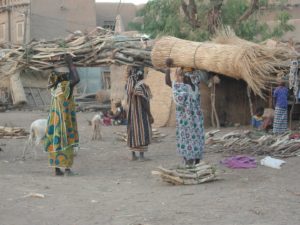
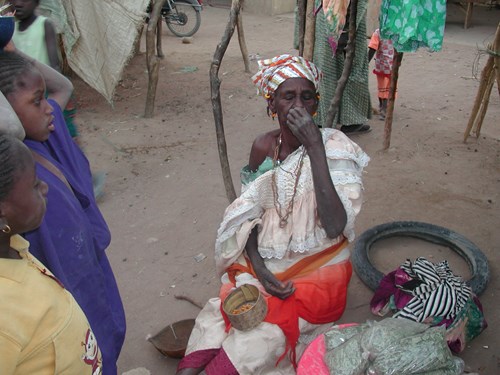
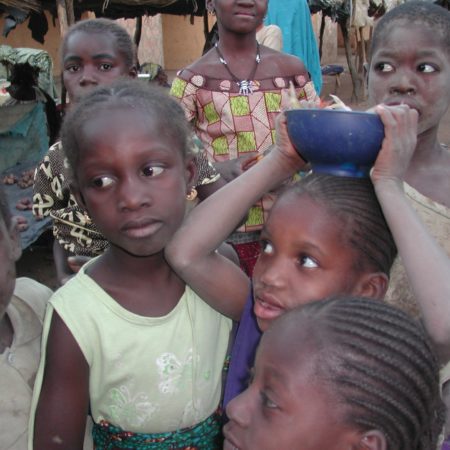
Blogs
Reflections on the Dimensions of Ethics and Poverty, by Peter Marris
People have basic biological needs for food, shelter, water, and health care. We also have basic psychological needs for self-esteem, belonging, meaning. (A meaningful life requires that we identify with some endeavor more enduring than ourselves, whether it is expressed through the ideals of a social movement, a religion, the survival of a lineage, or the perpetuation of a culture). We need security, rights, respect. These three kinds of needs are interdependent, but the interdependence is not hierarchical.
Poverty Concerns and Measurement by Saad Z. Nagi
However defined and measured, poverty is a ubiquitous social problem that has afflicted societies throughout history in varying prevalence and intensity. While its impacts are felt primarily by the poor themselves—individuals and households—, they also affect the prosperity, peace, and security of human communities from local to global. In addition to moral foundations, the negative realities and ramifications to communal life underlie the collective concern at all levels about the search for, and implementation of, approaches to the reduction of poverty and the alleviation of its consequences. The very title of this workshop and its substantive agenda are clear indications of the widening scope of the geographic community of concern.
For more on this subject, click here.
Questions to consider when thinking about work, poverty, and human dignity.
Click here to find questions and ideas on work and dignity
Articles
Causes of social injustice? By Konrad Raiser
What caused the erodingof concern for social justice? Responsibility may be attributed to important changes in policy orientations including departure from welfare economics to the monetarist approach, placing priority on the money supplyand fighting inflation. A second cause relates to the collapse of the communist system that had posed the main challenge to the capitalist order of equality and social justice. Furtherrevolutionary changes in forms of production eroding the value of labour versus capital introduced new inequalities in knowledge and capacity for technological innovation.
Approaches to social justice by Barbara Baudot
Considering general notions of social justice and their moral foundations, John Locke wrote in his work entitled, Of the Conduct of the Understanding, 1754, “Our Savior’s great rule that we should love our neighbors as ourselves, is such a fundamental truth for the regulating of human society, that, I think, by that alone one might without difficulty determine all the cases and doubts in social morality.”
Intergenerational injustice by Hideo Shingu
Justice has many contextual meanings and social justice itself defies precise definition. The notion of justice changes according to the context in which one constructs the phenomenon. For the purpose of making the point of this argument clear, let us tentatively accept the premise that each person on the planet has an equal right to enjoy the benefits of nature and to live happily.
“If I ruled the world here is how I would address poverty”, by Barbara Baudot
First I would recognize what should be obvious…:
Poverty has many causes, consequences, and correlates that have to be reflected in policies and actions combating it, if the millennial targets are to be met.


